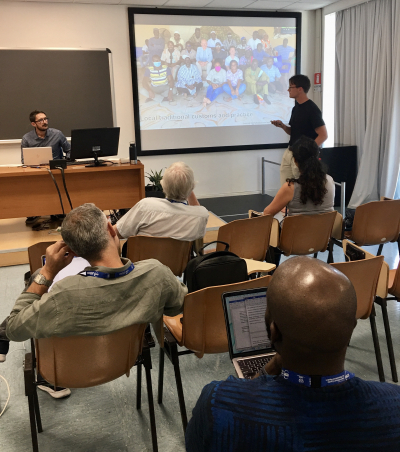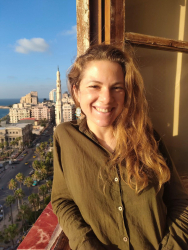


In this series of video interviews, authors present their case studies that IAP recently published in collaboration with Save the Children in 'Climate Change and Health: Science-based Policy Solutions'.
In Tamale, Ghana, urban flooding is an escalating problem driven by climate change and rapid urbanization. This project, part of the Pathways to Equitable Healthy Cities partnership, aims to enable equitable climate adaptation by developing a comprehensive understanding of flood risk distribution and its drivers. A transdisciplinary team of researchers, including Cynthia Awuni and Ben Howard, collaborates closely with communities, traditional leaders, NGOs and government agencies to co-produce effective solutions.
The project utilizes a mixed-methods approach, combining interviews with diverse societal cross-sections, risk mapping exercises and innovative sensor technology deployment to gather critical data. This case study showcases the application of co-production methodologies to enhance city-level flood resilience and reduce health inequalities in Ghana.
Watch the full interview with Cynthia Awuni and Ben Howard to learn more about their impactful work:
Read and download the case study here.
Read and download the entire book here.
Stay tuned for more video interviews from the authors of the IAP Climate Change & Health case studies. Follow us with the hashtag #ClimateHealthSolutions to stay updated on the latest insights and developments.
Watch all the video interviews on the IAP YouTube channel here.
For more information on the project, read here.
